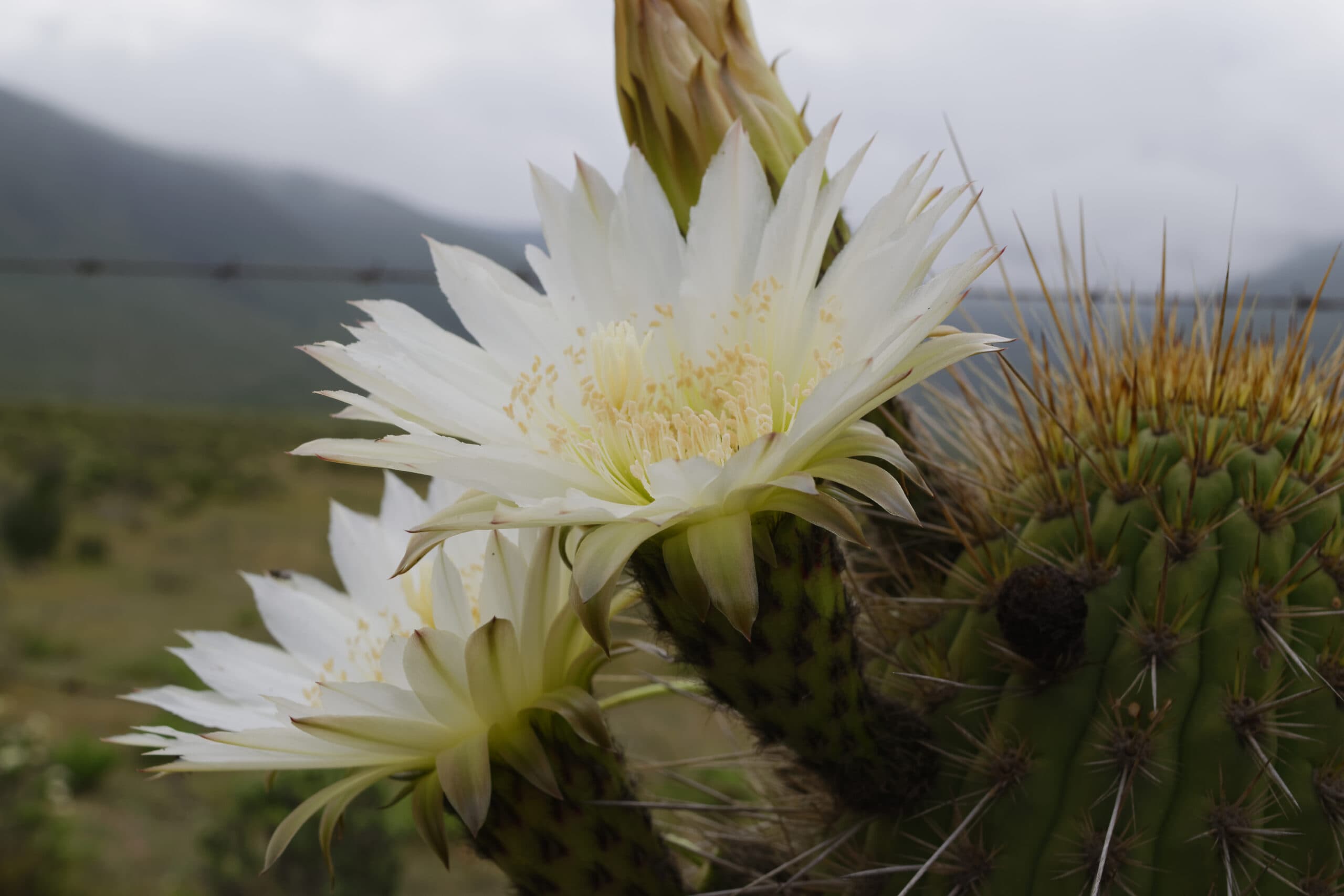
Scientists unearth "genetic goldmine" for heat resistant crops
A new study has identified genes that enable plants to live in one of the harshest environments on Earth – the Atacama Desert in Chile. This discovery could open pathways to breed crops that can thrive in increasingly drier climates and are thus more resilient to climate change.
Although the Atacama Desert is one of the driest places on Earth, dozens of species of plants grow there, including grasses, annuals, and perennial shrubs. These plants must cope with limited water, high altitudes, low availability of nutrients, and extremely high ultraviolet radiation.
Over a ten-year period, a team of botanists, microbiologists, ecologists, and genomic scientists collected and analyzed plant and soil samples at 22 sites in different vegetational areas and elevations. The experts set out to identify the genes that enable the Atacama plants to adapt and flourish in extreme desert conditions.
“The goal was to use this evolutionary tree based on genome sequences to identify the changes in amino acid sequences encoded in the genes that support the evolution of the Atacama plant adaptation to desert conditions,” said co-author Gloria Coruzzi, a molecular biologist at New York University (NYU).
“This computationally intense genomic analysis involved comparing 1,686,950 protein sequences across more than 70 species. We used the resulting super-matrix of 8,599,764 amino acids for phylogenomic reconstruction of the evolutionary history of the Atacama species,” said Gil Eshel, who conducted this analysis using the High Performance Computing Cluster at NYU.
The study identified 265 genes that underlie plant adaption to desert conditions, including genes regulating responses to light and photosynthesis that could enable plants to adapt to extreme ultraviolet radiation, as well as genes involved in the regulation of stress responses, salt, metal ions levels, and detoxification.
These discoveries may help scientists engineer resilient crops that could thrive in extremely dry conditions and thus be resilient to climate change. “In an era of accelerated climate change, it is critical to uncover the genetic basis to improve crop production and resilience under dry and nutrient-poor conditions,” explained Coruzzi.
“Most of the plant species we characterized in this research have not been studied before,” said co-author Rodrigo Gutiérrez, a biologist at Pontificia Universidad Católica de Chile. “As some Atacama plants are closely related to staple crops, including grains, legumes, and potatoes, the candidate genes we identified represent a genetic goldmine to engineer more resilient crops, a necessity given the increased desertification of our planet.”
The study is published in the journal Proceedings of the National Academy of Sciences.
—
By Andrei Ionescu, Earth.com Staff Writer












